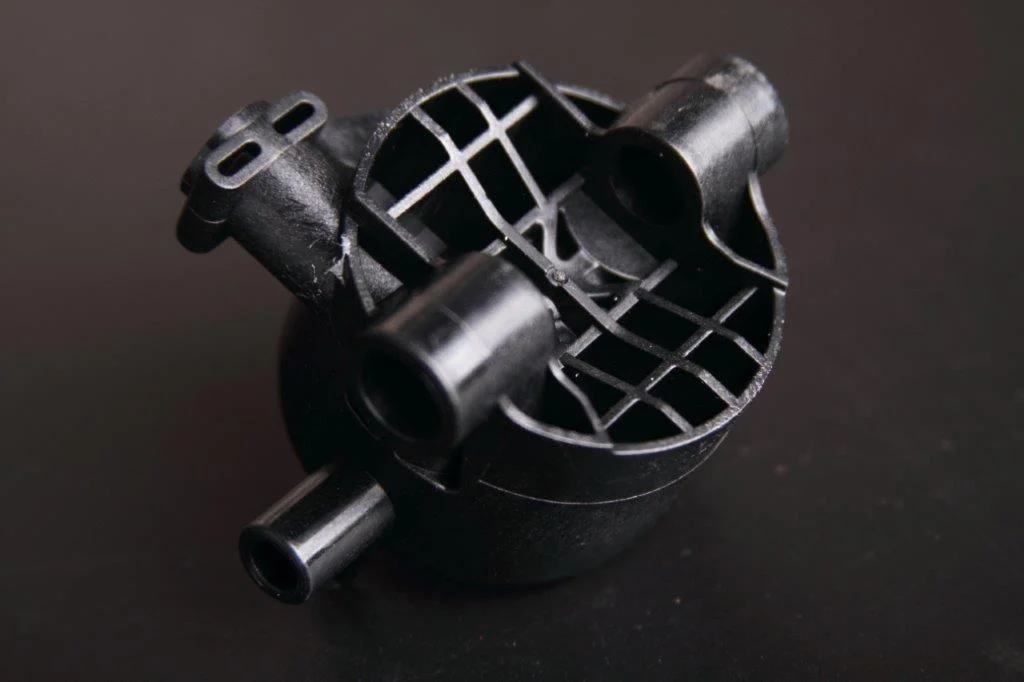Which are the Best Plastic Materials for Injection Molding?

Selecting the right plastic materials for injection molding in China is crucial for the success of any manufacturing project. With a range of common and specialty polymers and blends available, service providers in China cater to diverse requirements, constantly updating their inventory to align with evolving manufacturing needs. Each plastic material has unique processing requirements and end-use properties, often available in various grades, even within the same type.
This guide aims to simplify the process of choosing an appropriate plastic for injection molding projects, offering insights into common materials and key considerations.
Common plastics used in injection molding
Some of the most frequently used plastics for injection molding in China include:
- PMMA (Acrylic)
- ABS (Acrylonitrile butadiene styrene)
- PC (Polycarbonate)
- PA (Nylon or Polyamide)
- PE (Polyethylene)
- PP (Polypropylene)
- PS (Polystyrene)
- TPU (Thermoplastic polyurethane)
- TPE (Thermoplastic elastomer)
Each type of plastic offers distinct characteristics, making them more or less suitable for specific applications. For example, acrylic is a clear, UV-resistant, and sturdy thermoplastic, excellent for shatter-resistant and lightweight alternatives to glass used in bathroom enclosures, lighting components, solar panels, and windows. ABS, with its low melting point, facilitates easier molding while retaining impact resistance and strength, ideal for products like protective headgear, industrial fittings, wheel covers, and sports equipment.
Key considerations in selecting plastics for injection molding
When narrowing down plastic materials for injection molding in China, it’s important to consider the following factors:
- Tensile strength – This refers to the material’s ability to withstand damage and deformation when pulled apart.
- Flexibility – Also known as bending stiffness or flexural modulus, it measures the material’s stiffness.
- Chemical resistance – Important for assessing how the plastic withstands degradation by certain chemicals. For instance, gasoline can dissolve PS but not PE.
- Thermal properties – This aspect determines how the plastic reacts to heat, particularly during the molding process.
- FDA compliance – Essential for products that require approval for human contact, such as consumer or medical items.
For further assistance and expert advice on selecting the best plastic materials for injection molding in China, consider consulting with HLH Prototypes. Our team offers project reviews and will collaborate closely with you to ensure your injection molding project is successful and of high quality.
